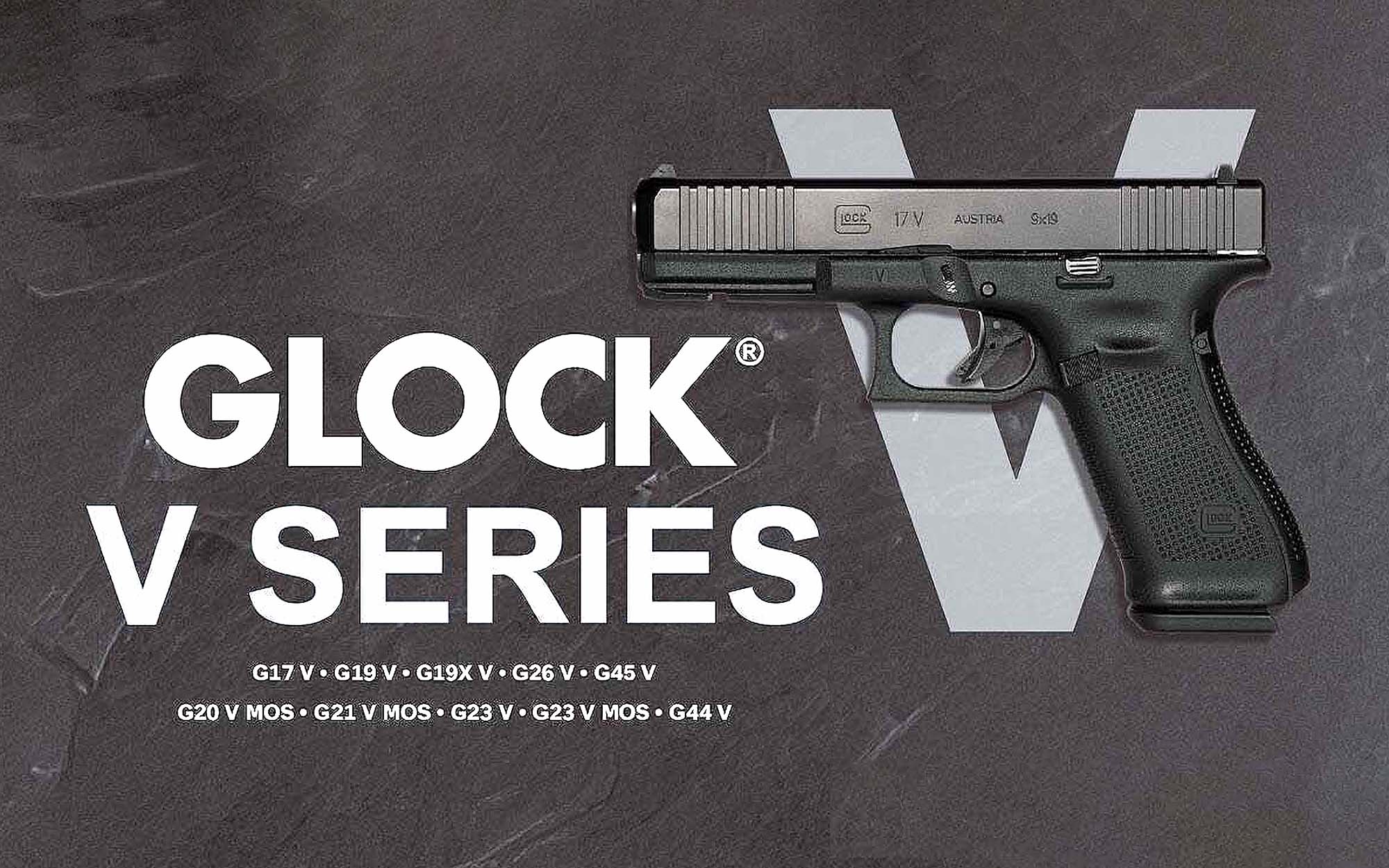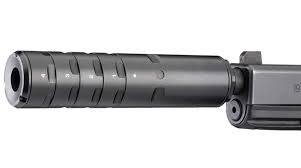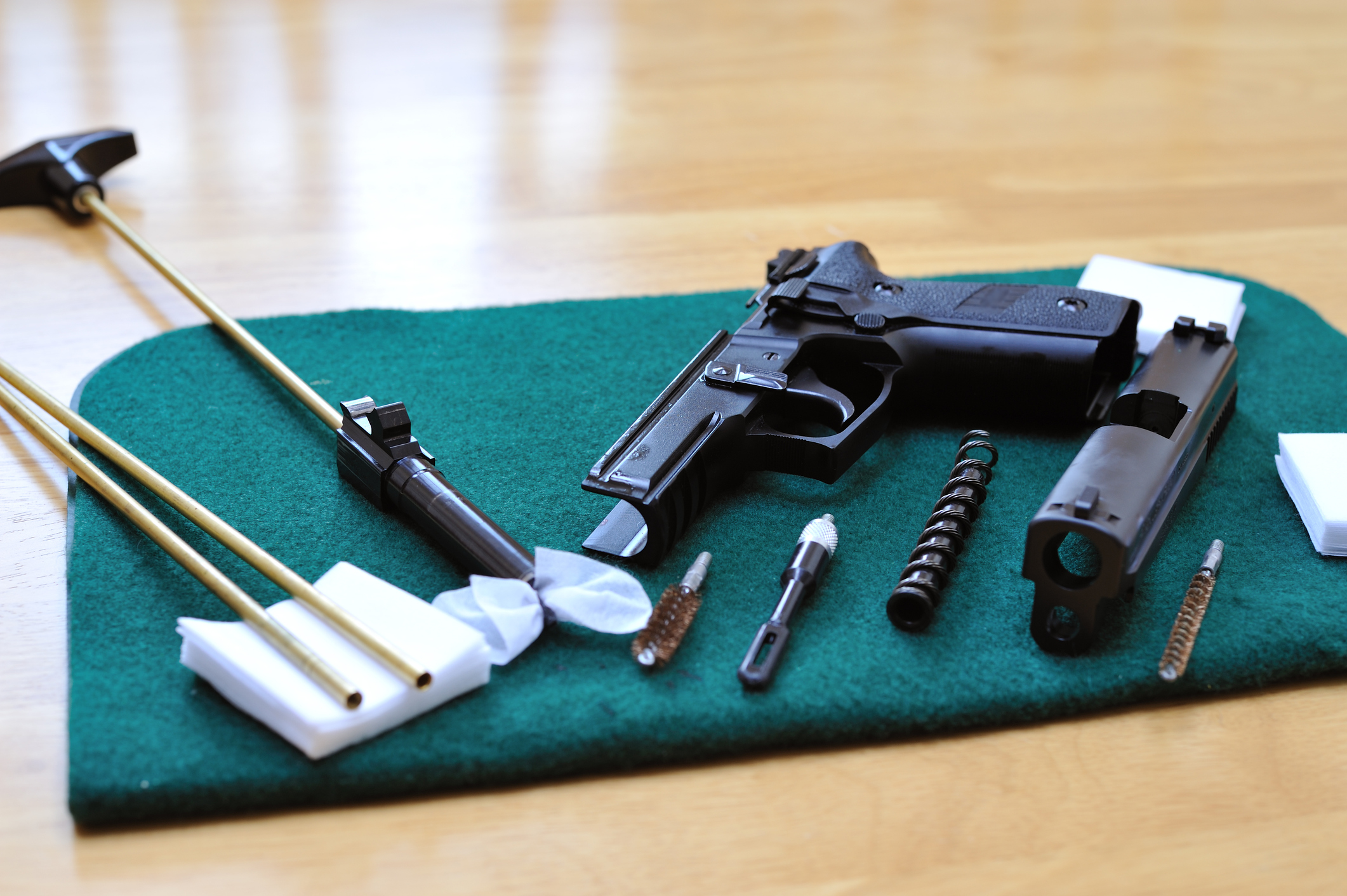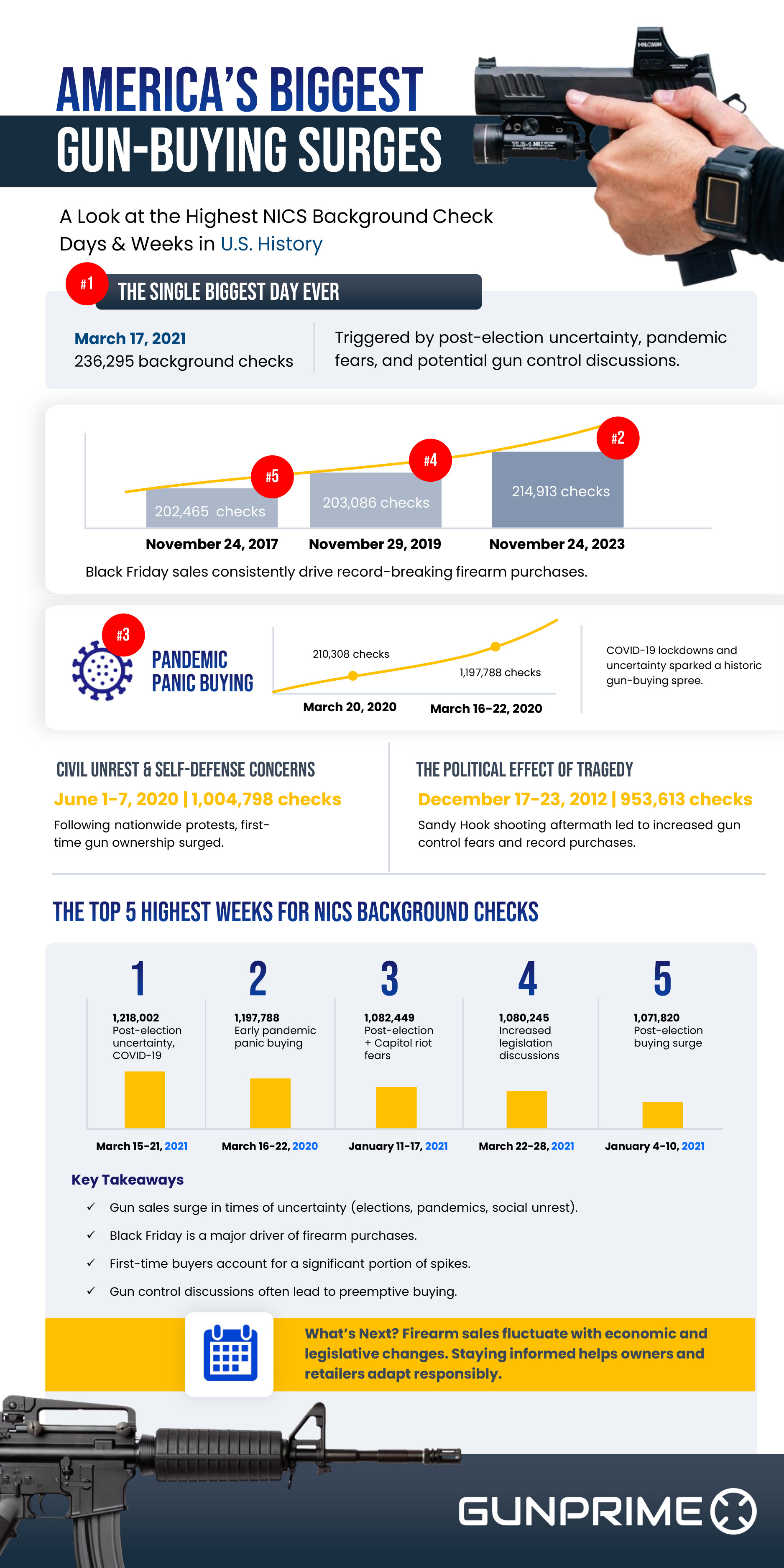An article by GunPrime LLC
Photo source-Bullets Photos, Download The BEST Free Bullets Stock Photos & HD Images (pexels.com)
Rifle Ammo for Sale: A Comprehensive Guide
Are you a rifle enthusiast looking to purchase ammunition? Whether you're a seasoned shooter or new to the world of rifles, finding the right ammo can be a daunting task. With so many options available, it's important to have a comprehensive guide that will help you make an informed decision.
In this blog post, we will provide you with a detailed overview of rifle ammo for sale. We will explore the different types of rifle ammo, where to buy it, what to consider when making a purchase, the legalities and regulations surrounding its purchase, and how to properly store and maintain your ammo.
Understanding the basics is crucial, so we will begin by discussing the different types of rifle ammo available. From there, we will delve into the various purchasing options, including online retailers, local gun stores, gun shows and expos, as well as private sellers.
Making the right choice when buying rifle ammo involves considering several factors. We will guide you through these considerations, such as the type of rifle you own, the purpose of the ammo (hunting, target shooting, self-defense), brand reputation and reviews, as well as price and quantity.
However, it's not just about finding the right ammo; you also need to be aware of the legalities and regulations surrounding its purchase. We will provide an overview of age restrictions, state and federal laws, as well as shipping and transportation regulations.
Lastly, we will discuss the importance of properly storing and maintaining your rifle ammo. Safe storage practices, checking for damages or corrosion, and the proper disposal of unused or expired ammo are all essential aspects of responsible gun ownership.
By the end of this comprehensive guide, you will have the knowledge and confidence to make an informed decision when purchasing rifle ammo. So let's dive in and explore the world of rifle ammo for sale!
Understanding the Basics: Different Types of Rifle Ammo
When it comes to rifle ammo, understanding the different types available is crucial for making an informed purchase. Each type of ammo is designed for specific purposes and performs differently, so knowing which one suits your needs is essential. In this section, we will explore the various types of rifle ammo in detail.
- Full Metal Jacket (FMJ): Full Metal Jacket ammo is one of the most common types used for target shooting and training. It features a soft lead core surrounded by a harder metal casing, typically copper or brass. FMJ ammo is known for its reliable feeding and penetration abilities, making it ideal for range practice and plinking.
- Hollow Point (HP): Hollow Point ammo is designed for self-defense and hunting applications. It has a hollowed-out tip that allows for controlled expansion upon impact, creating a larger wound channel. This expansion helps transfer energy to the target and increases stopping power. Hollow Point ammo is commonly used by law enforcement agencies and concealed carry holders.
- Soft Point (SP): Soft Point ammo is similar to Hollow Point ammo but has a partially exposed lead tip instead of a hollow point. This design provides controlled expansion and deeper penetration, making it suitable for hunting medium to large game. Soft Point ammo retains its weight well, ensuring optimal energy transfer upon impact.
- Ballistic Tip (BT): Ballistic Tip ammo combines the benefits of a polymer-tip bullet with a boat-tail design. The polymer tip enhances accuracy and initiates rapid expansion upon impact, while the boat-tail shape improves aerodynamics and reduces drag. This type of ammo is popular among hunters who require long-range accuracy and reliable terminal performance.
- Match Grade: Match Grade ammo is specifically manufactured for precision shooting competitions and long-range target shooting. It undergoes meticulous quality control and features consistent bullet weight, propellant charge, and primer sensitivity. Match Grade ammo is known for its exceptional accuracy and tight groupings.
- Armor-Piercing (AP): Armor-Piercing ammo is designed to penetrate armored targets. It typically features a hardened steel or tungsten core, allowing it to effectively defeat barriers such as body armor or vehicle armor. Due to its potential for misuse, AP ammo is heavily regulated and may not be legal for civilian use in certain jurisdictions.
- Incendiary: Incendiary ammo is designed to ignite upon impact, creating a visible flash or fire. It is primarily used for signaling, but it can also be used for limited damage against flammable targets. Similar to AP ammo, incendiary rounds are subject to strict regulations and may not be legal for civilian use in many area.
Understanding the different types of rifle ammo will help you choose the right ammunition for your intended purpose, whether it's target shooting, hunting, or self-defense. It's important to familiarize yourself with local laws and regulations regarding the use and possession of specific ammo types to ensure compliance and responsible firearm usage.
Where to Buy Rifle Ammo
When it comes to purchasing rifle ammo, there are several options available to you. In this section, we will explore the different places where you can buy rifle ammo, each with its own advantages and considerations. Let's take a closer look at these options:
- Online Retailers: Online retailers offer convenience and a wide selection of rifle ammo. You can browse through various brands, calibers, and types of ammo from the comfort of your own home. Online retailers often have competitive prices and may offer discounts or promotions. However, keep in mind that you will need to factor in shipping costs and delivery times. It's important to choose reputable online retailers that comply with legal requirements and have positive customer reviews.
- Local Gun Stores: Local gun stores are a popular choice for purchasing rifle ammo. They provide the advantage of face-to-face interaction with knowledgeable staff who can assist you in finding the right ammo for your needs. Local stores also allow you to physically inspect the ammo before making a purchase, ensuring its quality and condition. Additionally, some stores offer shooting ranges where you can test-fire different types of ammo. However, the prices at local gun stores may be slightly higher compared to online retailers.
- Gun Shows and Expos: Gun shows and expos are events where vendors and enthusiasts gather to buy, sell, and showcase firearms and related accessories, including rifle ammo. These events offer a wide range of options and can be a great opportunity to find unique or hard-to-find ammo types. Prices at gun shows and expos can vary, and you may have the chance to negotiate with sellers. However, it's important to research the reputation of vendors and ensure that you are purchasing from reputable sources.
- Private Sellers: Private sellers, such as individuals or collectors, often advertise rifle ammo for sale through classified ads, online forums, or social media platforms. Buying from private sellers can sometimes result in cost savings, as they may offer lower prices compared to retail stores. However, it's crucial to exercise caution and ensure that you are purchasing from a trustworthy and legally compliant source. Private sales may not offer the same level of customer protection or guarantees as established retailers.
Before making a purchase, regardless of where you choose to buy rifle ammo, it's essential to consider factors such as the seller's reputation, the authenticity and quality of the ammo, and any legal requirements or restrictions in your area. Researching and comparing prices, customer reviews, and return policies can also help you make an informed decision. Ultimately, the choice of where to buy rifle ammo will depend on your individual preferences, budget, and convenience.
What to Consider When Buying Rifle Ammo
When buying rifle ammo, there are several important factors to consider to ensure that you select the right ammunition for your needs. In this section, we will explore these considerations in detail. Let's dive in:
Enjoy this article? Give us a review below
http://www.gunprime.com/review
- Type of Rifle You Own: The type of rifle you own plays a significant role in determining the appropriate ammo. Different rifles are chambered for specific calibers, and using the wrong ammo can result in malfunctions or even damage to your firearm. Consult your rifle's owner's manual or consult with a knowledgeable gunsmith to identify the correct caliber and type of ammo that is compatible with your rifle.
- Purpose of the Ammo: Consider the intended purpose of the ammo. Are you plann
ing to use it for hunting, target shooting, or self-defense? Different purposes require specific characteristics in ammo. For example, hunting ammo typically requires good expansion and terminal performance, while target shooting ammo may focus more on accuracy and affordability. Determine your primary use for the ammo to guide your selection.
- Brand Reputation and Reviews: Research the reputation of different ammo brands. Look for established and well-known manufacturers that have a track record of producing reliable and high-quality ammunition. Reading reviews and seeking recommendations from experienced shooters can provide valuable insights into the performance and reliability of specific brands.
- Price and Quantity: Consider your budget and the quantity of ammo you need. Prices can vary significantly between brands and types of ammo. It's important to strike a balance between quality and affordability. Additionally, consider how much ammo you will require for your intended use. Buying in bulk may offer cost savings, but it's also essential to avoid stockpiling excessive amounts of ammo beyond what you can responsibly store and use.
- Bullet Weight and Design: The bullet weight and design influence the performance of the ammo. Heavier bullets generally offer better penetration and energy retention, making them suitable for larger game or longer-range shooting. Lighter bullets may provide flatter trajectories and higher velocities, making them ideal for target shooting or varmint hunting. Consider the specific requirements of your shooting activities and select the appropriate bullet weight and design accordingly.
- Ballistic Performance: Understanding the ballistic performance of different ammo types can help you make an informed decision. Factors such as muzzle velocity, bullet drop, and energy transfer upon impact are crucial considerations. Look for ballistic data provided by the manufacturer, which can give you an idea of the ammo's performance at various distances.
- Reliability and Consistency: Reliability and consistency are key factors when selecting ammo. Look for ammo that has a reputation for consistent performance and reliable feeding. Inconsistent performance can affect accuracy and reliability, which can be frustrating and impact your shooting experience.
By considering these factors when buying rifle ammo, you can make a more informed decision that aligns with your specific rifle, shooting purpose, and budget. Remember to prioritize safety and always adhere to local laws and regulations regarding the purchase and use of ammunition.
Legalities and Regulations Around Buying Rifle Ammo
When purchasing rifle ammo, it is crucial to be aware of the legalities and regulations surrounding its purchase. Laws and regulations can vary by jurisdiction, so it's essential to familiarize yourself with the specific requirements in your area. In this section, we will provide an overview of some common legal considerations when buying rifle ammo. Please note that this information is not exhaustive, and it's important to consult local laws and legal authorities for accurate and up-to-date information. Let's explore the legalities and regulations around buying rifle ammo:
- Age Restrictions: There are typically age restrictions in place for purchasing rifle ammo. The minimum age requirement varies by jurisdiction but is often 18 or 21 years old. It's important to confirm the legal age requirement in your area before attempting to purchase rifle ammo.
- State and Federal Laws: Rifle ammo is subject to both state and federal laws. These laws govern aspects such as possession, transportation, and sale of ammunition. Some jurisdictions may require background checks or permits for certain types of ammo or ammunition purchases. Familiarize yourself with the specific laws and regulations in your state or country to ensure compliance.
- Shipping and Transportation Laws: When purchasing rifle ammo online or from out-of-state sellers, it's important to understand the shipping and transportation laws that apply. Ammo may be subject to specific packaging and labeling requirements during transit. Additionally, some jurisdictions have restrictions on the quantity of ammo that can be transported at any given time. Check with shipping carriers and local authorities to ensure compliance with these laws.
- Prohibited Ammo Types: Certain types of rifle ammo may be prohibited or heavily regulated in some jurisdictions. This can include armor-piercing rounds, incendiary rounds, or explosive ammunition. Ensure that you are familiar with the specific restrictions on ammo types in your area to avoid any legal issues.
- Background Checks and Permits: Depending on the jurisdiction, background checks and permits may be required for the purchase of certain types of ammo. These checks help ensure that individuals with criminal records or other disqualifying factors do not have access to firearms or ammunition. Be aware of any background check or permit requirements in your area and comply with them accordingly.
- Record Keeping: In some jurisdictions, sellers of rifle ammo may be required to maintain records of sales, including the buyer's information and the type of ammo purchased. This helps law enforcement agencies trace the source of ammunition used in criminal activities. Understand the record-keeping requirements in your area and ensure compliance when purchasing rifle ammo.
It is essential to stay informed about the legalities and regulations surrounding the purchase of rifle ammo. Ignorance of the law is not a valid defense, so take the time to research and understand the specific requirements in your jurisdiction. Always purchase ammo from reputable sources that comply with applicable laws and regulations to ensure responsible and lawful firearm ownership.
Photo source-Bullets Photos, Download The BEST Free Bullets Stock Photos & HD Images (pexels.com)
Enjoy this article? Give us a review below
http://www.gunprime.com/review
How to Store and Maintain Your Rifle Ammo
Properly storing and maintaining your rifle ammo is essential for ensuring its longevity, reliability, and safety. In this section, we will discuss best practices for storing and maintaining your ammo. By following these guidelines, you can preserve the quality of your ammunition and maintain its effectiveness. Let's explore how to store and maintain your rifle ammo:
- Safe Storage Practices:
- Store your ammo in a cool, dry, and well-ventilated area. Exposure to high temperatures and humidity can degrade the quality of the ammo.
- Use a sturdy and lockable container, such as a gun safe or an ammo can, to prevent unauthorized access and protect against theft or accidents.
- Keep your ammo away from potential sources of ignition, such as heat sources, open flames, or flammable materials.
- Avoid storing ammo directly on concrete surfaces, as moisture can seep through and cause corrosion. Use shelves or wooden pallets to elevate the ammo.
- Checking for Damages or Corrosion:
- Regularly inspect your ammo for any signs of damage, such as dents, cracks, or bulges. Damaged cartridges should not be used, as they can pose safety risks.
- Check for signs of corrosion on the brass casings. Corrosion can compromise the structural integrity of the casing and affect the performance of the ammo. If you notice corrosion, it's best to dispose of the affected rounds properly.
- Inspect the primers for any signs of deformation or damage. A damaged primer can impact the reliability and safety of the ammo.
- Proper Disposal of Unused or Expired Ammo:
- If you have unused or expired ammo that you no longer need or want, it's important to dispose of it properly.
- Contact your local law enforcement agency or ammunition manufacturer for guidance on how to dispose of ammunition in your area. They can provide information on local disposal methods or direct you to appropriate resources.
- Do not attempt to dispose of ammo in regular household waste or by throwing it in a fire. Improper disposal can pose safety risks and may be illegal.
By following these guidelines for storing and maintaining your rifle ammo, you can ensure its longevity and reliability. Remember to always prioritize safety and handle ammunition with care. Responsible storage and maintenance practices are essential for maintaining the effectiveness and safety of your ammunition.
Here are some great deals on an assortment of rifle ammo
Hornady American Whitetail 6.5 Creedmoor
Winchester Service Grade 223 Remington
Winchester Copper Impact 243 Win Ammo
Federal Fusion 270 Win Ammo 130 grain Bonded Soft Point
Hornady Custom Lite 7mm-08 Ammo 120 grain
Enjoy this article? Give us a review below
http://www.gunprime.com/review
Related articles: An Ultimate Guide to Hunting Rifles
Top Selling Rifle Optics For 2023
The Ultimate Buyer's Guide to Bullpup Rifles & Shotguns for [2023]










